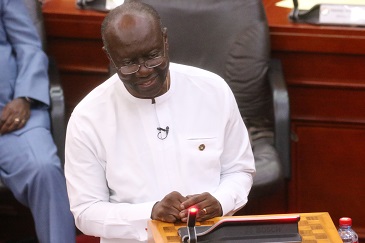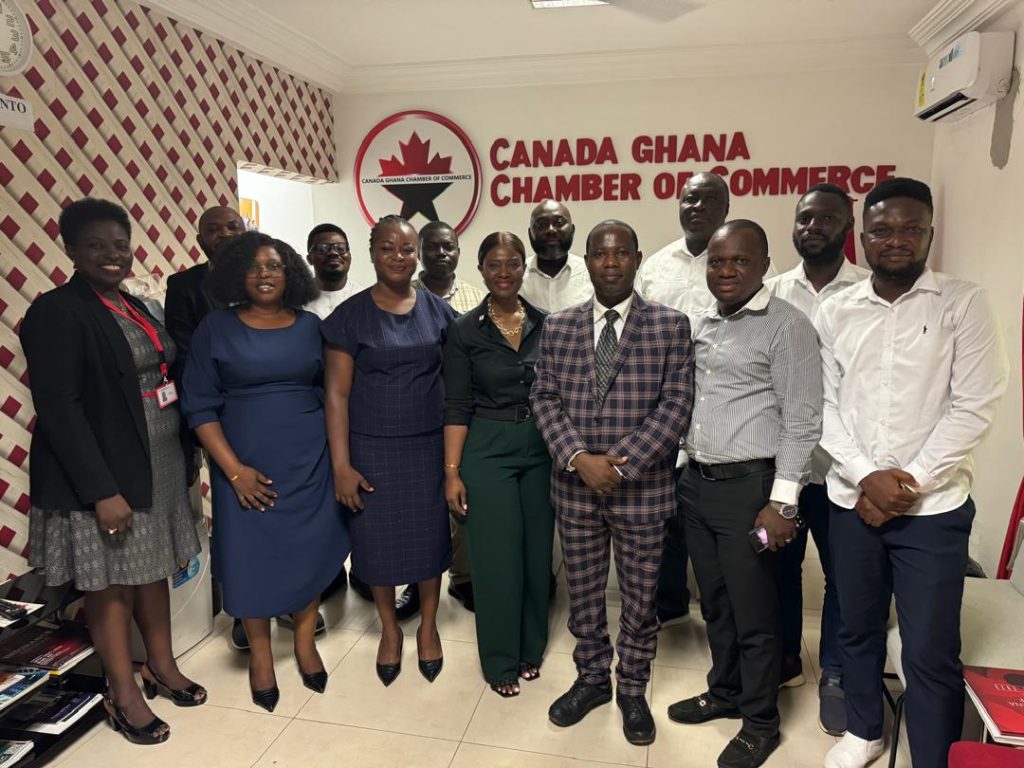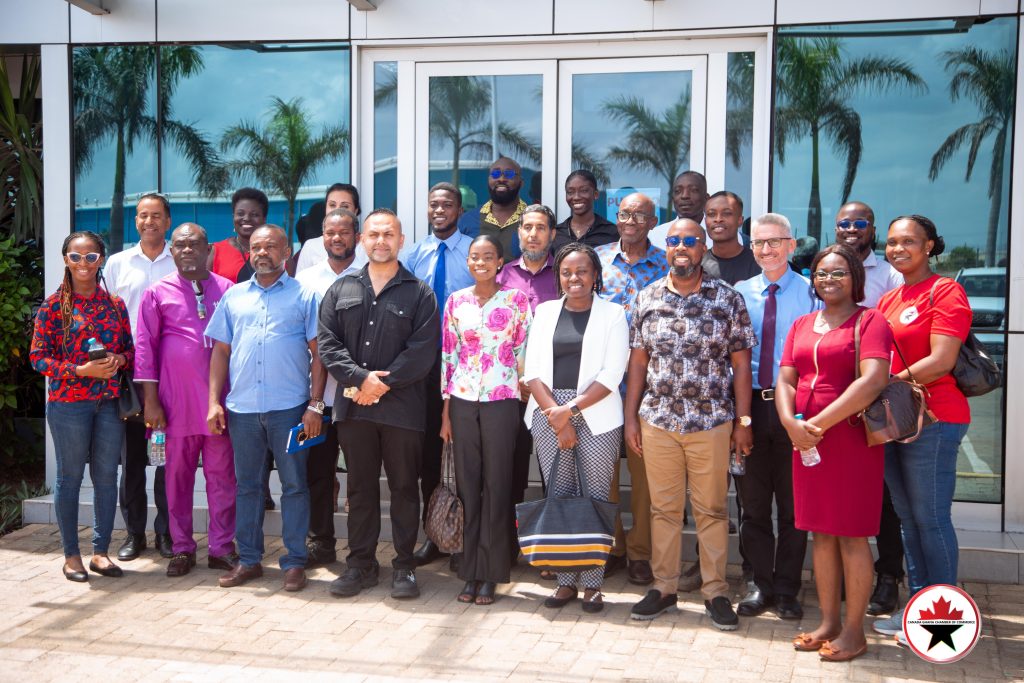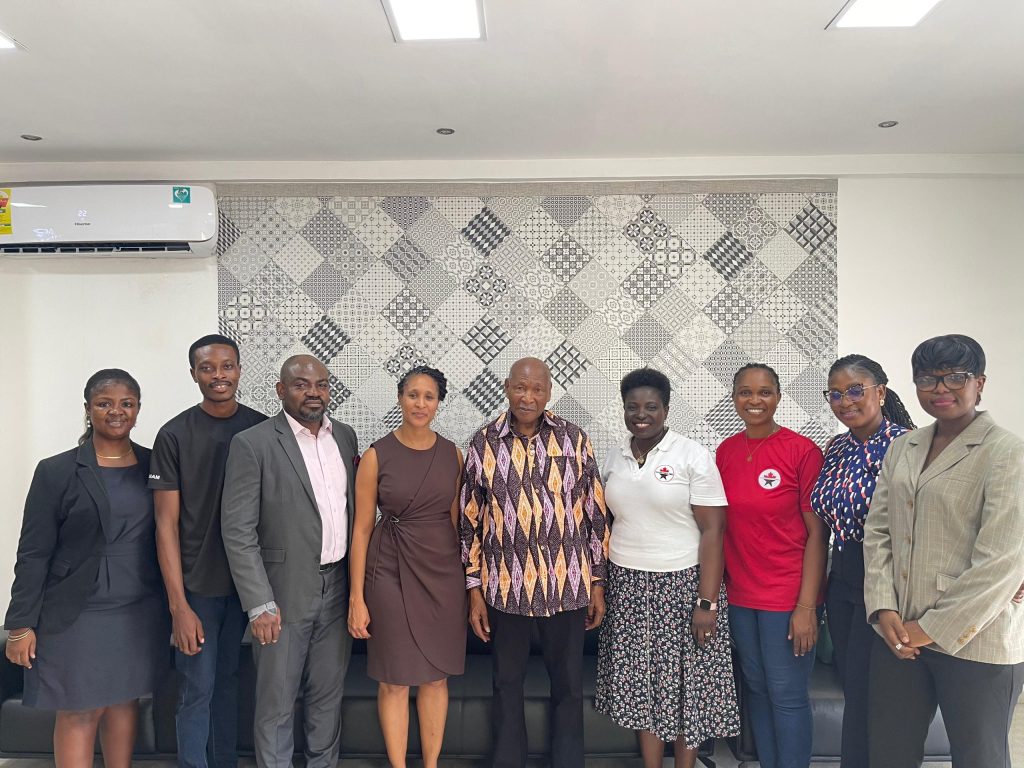
Gov’t commences energy sector reforms
Government has commenced the reform of the energy sector with an initial three-month consultation process with the various Independent Power Producers (IPPs) and Gas Producers.
The reform is targeted at reigning in the current take or pay structure and excess supply that undermine the energy sector’s financial; structure and thus pose serious financial risks to the economy.
In a statement from the Ministry of Finance, the consultation will provide a forum for stakeholders to contribute to government’s energy strategy. Government hopes that the consultations will pave way for the renegotiation of ongoing expensive take or pay contracts for power generation and gas supply without running into legal disputes with its counterparties.
For 2019, the crystallized energy sector contingent liabilities in respect of take-or-pay contract obligations with IPPs, estimated at GHc 5.1 billion, are being amortized, according to the ministry of finance, but this is putting the fiscal consolidation at risk.
According to the Energy Commission, the country’s installed capacity of 5,083 MW is almost double the peak demand of about 2,700 megawatts (MW). Of the installed capacity, 2,300 MW has been contracted on a take-or-pay basis.
This excess capacity, government has noted that the country is contractually obliged to pay for although it is not being consumed.
From the 2019 mid-year budget statement, the contractually agreement has resulted in government paying over GHc 2.5 billion annually for power generation capacity that is not being used.
Similarly, for gas, Ghana has contracted for around 750 million standard cubic feet (mmscf) per day by 2023. However, current demand is about 250 mmscf per day, and this is only projected to rise to between 450 and 550 mmscf per day by 2023.
About 640 mmscf of the contracted gas supply is on a take-or-pay basis, meaning Ghana has to pay whether it is used or not.
Finance Minister, Ken Ofori-Atta said during the mid-year budget review that, from 2020, if nothing is done, the country will be facing annual excess gas capacity charges of between US$550 and US$850 million every year.
“A long-term sustainable strategy would seek to create a competitive and dynamic energy sector that guarantees reliable and affordable power for the Ghanaian people and businesses, whilst providing investors with attractive opportunities,” the statement noted.
The take or pay contracts were entered into earlier in the decade while Ghana was in the throes of a debilitating energy crisis. The reasoning of government at the time was that in a dispensation where the state was the only off taker of power generation providers, such contracts were the only way to provide them with the comfort requisite for them to make major investments in power generation. However it has since emerged that government, in its desperation to solve the energy shortfall, did not properly consider how much additional energy was needed from IPPs.
Latest Posts

CEO’s Connect 2024: Exploring Business Opportunities for Economic Growth
September 05, 2024

September 05, 2024

August 08, 2024

157TH Canada Day Celebration: Celebrating Strong Bilateral Trade between Canada and Ghana
July 01, 2024

FATHER’S DAY DINNER WITH PRINCE KOFI AMOABENG
July 01, 2024

FREIGHT FORWARDERS AND LOGISTICS SECTOR MEETING
July 01, 2024

Celebrating Women at the Mother’s Day Dinner
June 03, 2024

CANCHAM Pharmaceutical Sector Meeting Highlights
June 03, 2024

In-house Presentation (May Edition)
June 03, 2024

CANCHAM ANNUAL GENERAL MEETING
May 08, 2024

Construction Sector Meeting Hosted by CANCHAM
May 08, 2024

INDUSTRIAL TOUR TO MERIDIAN PARK BY LMI HOLDINGS
May 08, 2024

A JAZZ AND WHISKY AFFAIR: A Tri-Chamber Collaboration!
May 08, 2024

May 08, 2024

EMPOWERING THE FUTURE: ALINEA FOUNDATION’S WEE-NORTH PROJECT AGM
April 04, 2024

EMPOWERING CHANGE: CANCHAM AND JOY BUSINESS INTERNATIONAL WOMEN’S DAY DIALOGUE
April 04, 2024

April 04, 2024

EXPLORING FLAVORFUL HORIZONS: A JOURNEY WITH FREDDIE BEVERAGES
April 04, 2024

EXPLORING HORIZONS: INSIGHTS FROM HOLLARD INSURANCE’S JOURNEY
April 04, 2024

UNLOCKING OPPORTUNITIES: SENA CHARTERED SECRETARIES LIMITED’S EXPANSION ENDEAVOR
April 04, 2024









